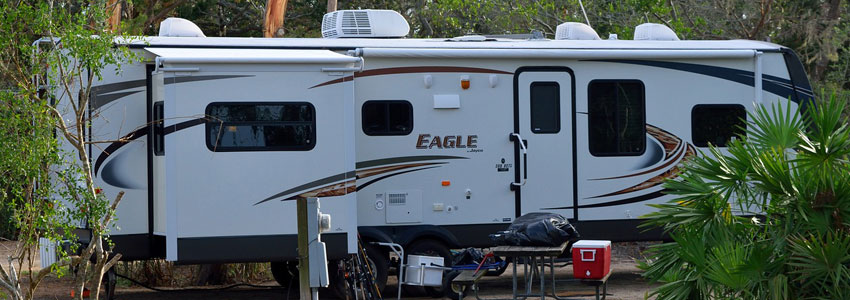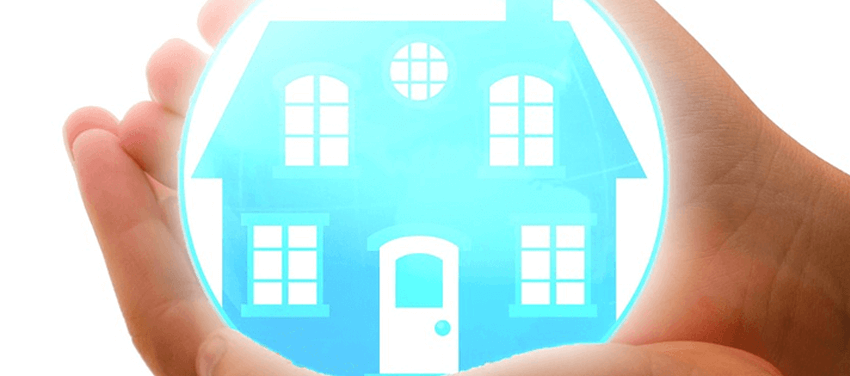Types Of Mortgages: The Essentials
There is a lot to consider before you decide which mortgage is best for you and your circumstances. So firstly, it will help you if you have an understanding of the various types of mortgages available.
This guide will give you an overview of each mortgage type. For each one, you can opt to go to the full guide for further detail.
Mortgage Types
Repayment Mortgages
Most commonly, mortgages are taken on a repayment basis (previously referred to as a capital and interest basis). These require a monthly repayment of the interest you owe, as well as a proportion of the capital amount you have borrowed.
At the end of your mortgage term, you will have paid back the capital in full and you will own the property as long as you have not missed any repayments along the way.
Interest only Mortgages
With this type of mortgage, you will pay just the interest each month. Rather than paying the capital back gradually, you will repay the capital in one lump sum, usually at the end of the agreed mortgage term.
This type of mortgage is, therefore, cheaper each month but you will need to have another investment or repayment plan in place that will enable you to pay back the capital at the end.
Mortgage providers will usually ask to see evidence of your plan before agreeing to give you an interest only mortgage. To know more about it, visit and read our full guide to interest only mortgages.
Buy to Let Mortgages
If you want to purchase a property and rent it out to tenants then you need a buy to let mortgage. As with residential mortgages, there are many types of mortgages available to you as a buy to let property investor such as interest only or repayment, fixed rate, variable rate and flexible options.
Mortgage providers will usually focus on the amount of rent you are likely to receive when determining how much they are willing to lend you, you can get an idea of how much this could be using our buy to let calculator.
It should be noted, that buy to let mortgages can be hard to get approved for first time buyers . For further information about getting a buy to let mortgage, read our comprehensive guide.
Help to Buy Mortgages
Help to buy mortgages assist home buyers with good credit records to purchase properties with a deposit as low as 5%. They are designed to help first time buyers trying to get onto the property ladder and for those looking to move up the ladder to a bigger home.
This mortgage type is a government initiative where they offer the lender an option to purchase a guarantee from the government. This offers the lender an insurance cover to compensate them should the borrower default on the mortgage.
Read our help to buy guide for more information or you can read up about it on the government’s help to buy website. You can also use our handy help buy calculator to help understand the costs better.
Fixed Rate Mortgages
A fixed rate mortgage has a fixed rate of interest for a predefined number of years so you will know exactly how much you’ll be paying each month for the amount of years you have agreed with the lender, regardless of fluctuations in the interest rates in general.
You can of course gain from this arrangement if interest rates rise, as well as suffer, should interest rates go down. At the end of the fixed period, you will usually need to remortgage in order to find another deal or revert to the lender’s standard variable rate. Read our guide for further information about fixed rate mortgages.
Variable Rate Mortgages
With a variable rate mortgage, the interest rate goes up and down as general mortgage rates fluctuate. Each lender has its own standard variable rate that it sets at whatever level it wants. It is usually influenced by the Bank of England base rate but not directly linked to it and other factors do apply.
The main advantage of this type of mortgage is that you are often free to leave at anytime and are allowed to make overpayments as you see fit.
However, due to unpredictability of these mortgage types, it is often advised that you have other investments or savings that can be used should monthly payments increase suddenly. See our guide to variable rate mortgages for further information.
Tracker Mortgages
With this mortgage type, your interest rate is set to a particular margin above (or perhaps below) the Bank of England’s base rate and move in line with that rate as it fluctuates up and down. There will be no limit on how high it can go but some lenders set a minimum rate which your interest rate is unable to drop below.
Tracker mortgages usually have a short life span of about 2 to 5 years although some lenders do offer longer term options. Visit our guide for more information about this type of mortgage.
Discount Rate Mortgages
For discount mortgages, you pay the lender’s standard variable rate with a set amount discounted. They can also be stepped whereby you get a certain discount for a certain amount of time (eg. 3 to 5 years), and then another rate for the remaining mortgage term time.
Some lenders cap their discounted rate so that it can’t go above a certain level and they may have a minimum rate, which it can’t fall below. Because each lender has a different standard variable rate, it doesn’t necessarily mean that the one with the biggest discount will work out the cheapest so be sure to do your research. See our guide on discount rate mortgages here to help you decide if this is the best type of mortgage for you.
Capped Rate Mortgages
Capped rate mortgages move in line with the lender’s standard variable rate but are capped at a certain level, meaning the rate can’t rise above that level. You will benefit from a fall in the standard variable rate and have the reassurance that the rate won’t rise beyond a certain point.
But be aware that the lending rate is usually higher than other variable rate mortgages and are not frequently available. For more information, read our guide about capped rate mortgages.
Cashback Mortgages
Lenders sometimes offer a cashback incentive as a marketing technique. They will typically give you a percentage of the loan as money back.
You may like this idea if you need a lump sum of money to help with your moving costs but be aware that these mortgages don’t usually offer the best lending rates and are not always good value for money. See our guide to read more about cashback mortgages.
Offset Mortgages
This type of mortgage links your current account and/or savings to your mortgage so that you only pay interest on the difference.
Each month your lender will take off your savings amount from the capital amount owed and use that figure to work out how much interest you pay. So your monthly payments are lower but the mortgage rate for offset mortgages are likely to be higher in the first place.
You can see the power of an offset mortgage by using our offset calculator , it will help you compare between a standard mortgage that may have a lower interest rate or fees VS an offset which perhaps has higher costs but allows you to make use of your savings..
For more information about offset mortgages, read our full guide to find out if it is the best type of mortgage for you.
Flexible Mortgages
With a fully flexible mortgage, you can overpay and underpay, you can take payment holidays and withdraw lump sums. So you could pay your mortgage off early and save on interest if you find yourself in a position to do so.
Alternatively, if you are having financial difficulties in the short term, it could help you to not have to pay your mortgage for a few months.
Before you opt for this type of mortgage however, ensure you will actually use the flexible features because flexible deals can be more expensive than conventional mortgages.
For further information about flexible mortgages ,read our flexible mortgages guide now.
95% Mortgages
For these types of mortgages, you only need a small deposit of 5% to be eligible. These mortgage products have been limited in availability but it seems more lenders are starting to offer them again.
Be aware that with a small deposit you are at more risk of falling into negative equity if house prices drop. Refer to our 95% mortgage guide for more information or speak to one of our adviser
As mentioned earlier in our guide, there is also the option of help to buy mortgages for those with a smaller deposit.
100% Mortgages
For a 100% mortgage, you borrow the entire purchase price of the property and pay no deposit. These mortgages are very rare these days however, due to the high level of risk involved for the lenders and borrowers alike. Refer to our 100% mortgage guide for further information.
Final Thoughts
This guide has provided a brief overview of various types of mortgages. Your next step should be to get some sound advice about which type of mortgage will best suit your requirements and financial situation so contact one of our advisers now for free.





